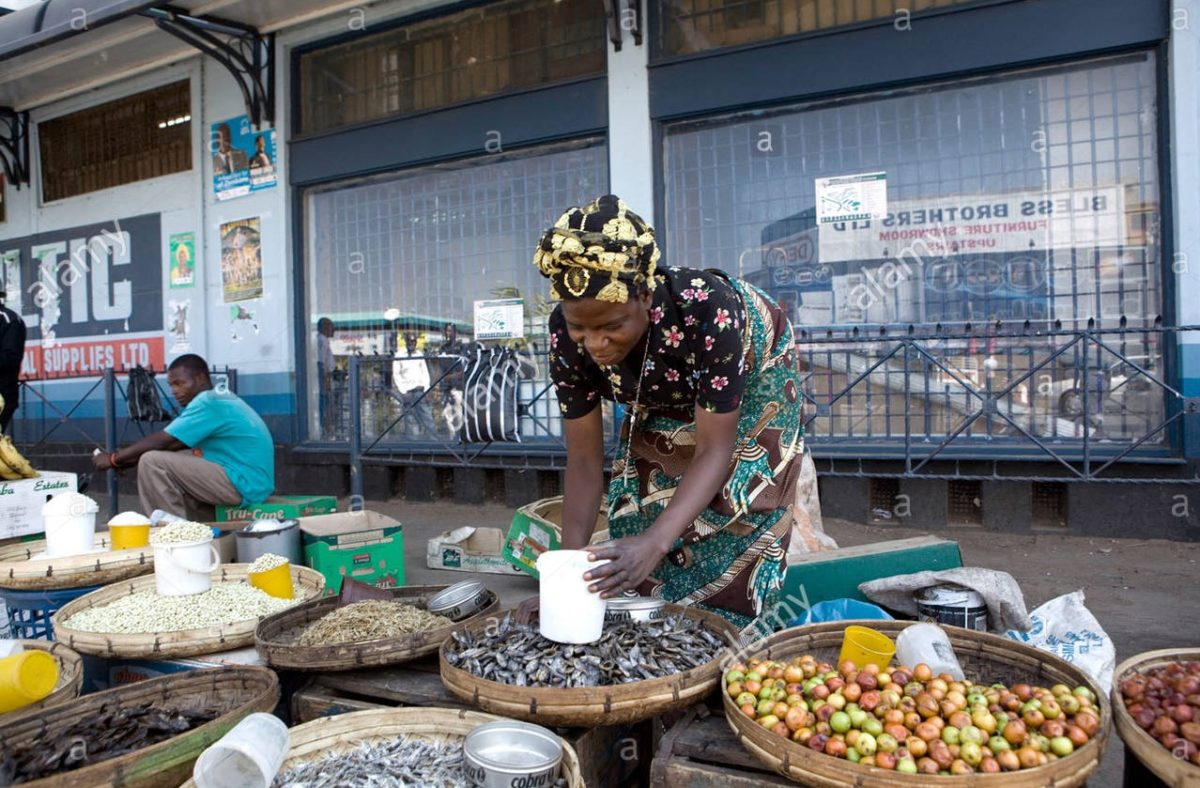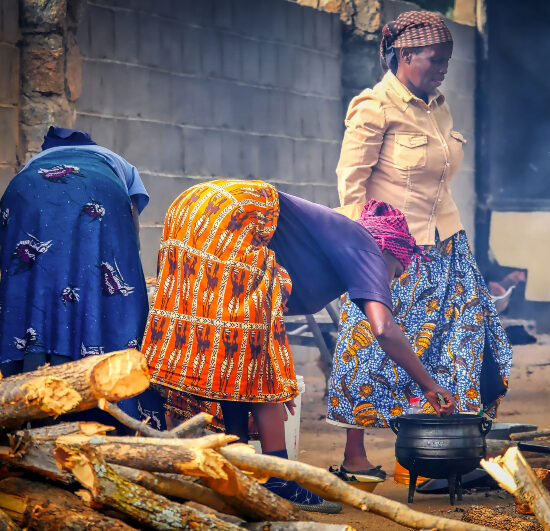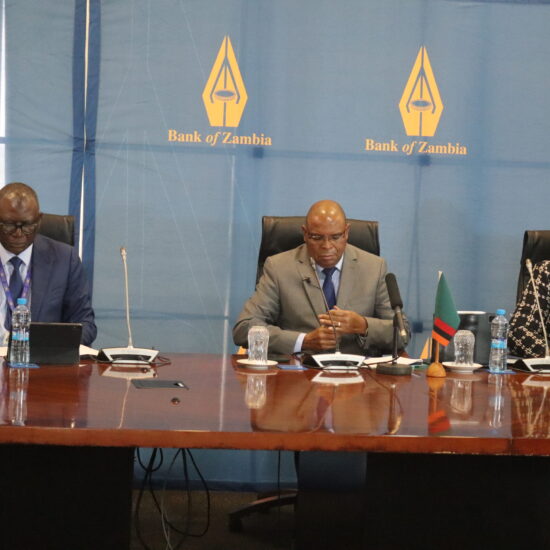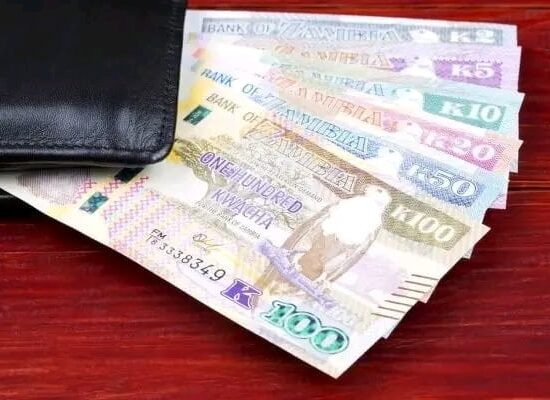
The impact of power rationing or load shedding in now manifesting in different economic areas with the latest being the impact on prices of dry foods. Prices of dry foods on the local market such as dry Fish and Kapenta have been hiked by about 25% from the previous months prices raising inflation concerns. Some traders talked to at City and Soweto markets in Lusaka city have confirmed to the Zambian Business Times – ZBT in some spot interviews.
The retailers attributed the increase in the prices of the above named dry food products due to price increases at the source markets and the prices being quoted by local transporter and traders, whom they have claimed are taking advantage of increased demand of dry foods due to load shedding.
Traders have lamented that a 50Kilogramms of dry Kapenta is now being supplied at K2,100 from the previous K1,600, hence they have increased their prices by K20 and K30 to cover for their costs and cater for some profit margins.
“We have increased our prices because fishing from Siavonga was low and is now closed, we are not sure if it’s the annual fishing ban or just the low water levels creating a fish deficit”, said one trader. Others have attributed the hike to the recent upward adjustments in the fuel pump prices which has also lead to an increase in the transportation cost of goods and services.
Some traders stated that the hiking of prices of dry foods on the market is because there has been increased demand in the dry food products due to the increased load shedding hours. People are unable to store food in refrigerators, so this has driven up demand which the traders are cashing in from.
A check done by a ZBT analyst confirmed that the increased hours of load shedding has pushed most consumers to prefer buying dry foods compared to fresh foods for fear of having fresh foods such as meat and other products which need refrigeration from going to waste as load shedding schedules are now not being adhered to in most parts of the country.
Both the agriculture and energy sectors has experience low production due to the poor rainfall pattern in the 2018/2019 rainy season resulting in low water levels in key hydro power plants that includes the Kariba which generates power for the country, resulting in massive power rationing.









